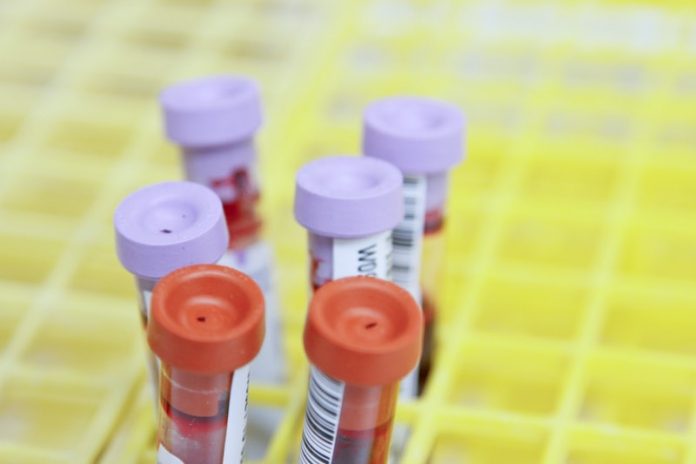
Scientists from Kiel University have developed a method that reliably detects protein changes in the blood that are typical of Parkinson’s disease.
The research is published in the journal Brain and was conducted by Dr. Annika Kluge et al.
Until now, the diagnosis of Parkinson’s disease has been based primarily on typical movement disorders such as muscle stiffness, slower movements and shaking.
However, the disease starts up to twenty years before it becomes noticeable as a result of these symptoms.
To date, there have been neither blood parameters nor imaging examinations to produce a definite diagnosis, let alone early recognition.
In the study, the team was able to distinguish the 30 Parkinson’s patients from the 50 healthy individuals with a very high degree of sensitivity in a blood test.
The new method is based on three steps. The first step was to isolate the vesicles of nerve cells in the blood sample. Vesicles are small blisters that are pinched off cells and contain the protein of the original cell.
The second step was to look specifically for the protein that causes the disease in these isolated nerve cell vesicles.
This is a changed form of α-synuclein. This pathogenic form of α-synuclein can be detected through structure-specific antibodies.
The team then succeeded in reproducing these misfolded α-synuclein forms of Parkinson’s patients.
This accumulation of pathologically changed α-synuclein is what leads to the destruction of the affected nerve cells and ultimately causes the disease.
The team says the results form the basis on which a blood test for diagnosing Parkinson’s disease can be developed.
However, the method for doing so requires further development to facilitate a broad-based application.
Whether early stages of the diseases can also be detected and whether the test will work for diseases that are similar to Parkinson’s are questions yet to be answered.
If you care about Parkinson’s, please read studies that people with Parkinson’s may benefit from 7 walking strategies, and scientists find new way to treat Parkinson’s disease.
For more information about brain health, please see recent studies about diet that may prevent or even reverse Alzheimer’s disease, and a low-carb diet that could help reverse brain aging.
Copyright © 2022 Knowridge Science Report. All rights reserved.



